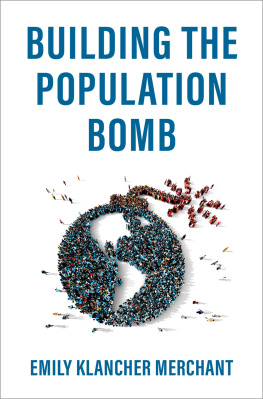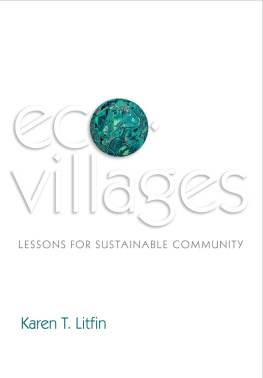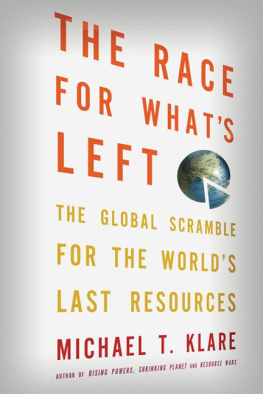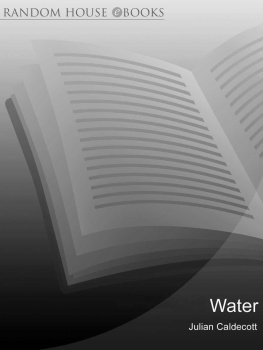The Global Community and The Need for Universal Responsibility
by H.H. the Fourteenth Dalai LamaThe global community
As the twentieth century draws to a close, we find that the world has grown smaller and the world's people have become almost one community. Political and military alliances have created large multinational groups, industry and international trade have produced a global economy, and worldwide communications are eliminating ancient barriers of distance, language and race. We are also being drawn together by the grave problems we face: overpopulation, dwindling natural resources, and an environmental crisis that threatens our air, water, and trees, along with the vast number of beautiful life forms that are the very foundation of existence on this small planet we share.
I believe that to meet the challenge of our times, human beings will have to develop a greater sense of universal responsibility. Each of us must learn to work not just for his or her own self, family or nation, but for the benefit of all mankind. Universal responsibility is the real key to human survival. It is the best foundation for world peace, the equitable use of natural resources, and through concern for future generations, the proper care of the environment.
For some time, I have been thinking about how to increase our sense of mutual responsibility and the altruistic motive from which it derives. Briefly, I would like to offer my thoughts.
One human family
Whether we like it or not, we have all been born on this earth as part of one great human family. Rich or poor, educated or uneducated, belonging to one nation or another, to one religion or another, adhering to this ideology or that, ultimately each of us is just a human being like everyone else: we all desire happiness and do not want suffering. Furthermore, each of us has an equal right to pursue these goals. Today's world requires that we accept the oneness of humanity. In the past, isolated communities could afford to think of one another as fundamentally separate and even existed in total isolation. Nowadays, however, events in one part of the world eventually affect the entire planet. Therefore we have to treat each major local problem as a global concern from the moment it begins. We can no longer invoke the national, racial or ideological barriers that separate us without destructive repercussions. In the context of our new interdependence, considering the interests of others is clearly the best form of self-interest.
I view this fact as a source of hope The necessity for cooperation can only strengthen mankind, because it helps us recognize that the most secure foundation for the new world order is not simply broader political and economic alliances, but rather each individual's genuine practice of love and compassion. For a better, happier, more stable and civilized future, each of us must develop a sincere, warm-hearted feeling of brother and sisterhood.
The medicine of altruism
In Tibet we say that many illnesses can be cured by the one medicine of love and compassion. These qualities are the ultimate source of human happiness, and our need for them lies at the very core of our being. Unfortunately, love and compassion have been omitted from too many spheres of social interaction for too long. Usually confined to family and home, their practice in public life is considered impractical, even naive. This is tragic. In my view, the practice of compassion is not just a symptom of unrealistic idealism but the most effective way to pursue the best interests of others as well our own. The more we as a nation, a group or as individuals-depend upon others, the more it is in our own best interests to ensure their well-being.
Practicing altruism is the real source of compromise and cooperation; merely recognizing our need for harmony is not enough. A mind committed to compassion is like an overflowing reservoir-a constant source of energy, determination and kindness. This mind is like a seed; when cultivated, it gives rise to many other good qualities, such as forgiveness, tolerance, inner strength and the confidence to overcome fear and insecurity. The compassionate mind is like an elixir; it is capable of transforming bad situations into beneficial ones. Therefore we should not limit our expressions of love and compassion to our family and friends. Nor is compassion only the responsibility of clergy, health care and social workers. It is the necessary business of every part of the human community.
Whether a conflict lies in the field of politics, business or religion, an altruistic approach is frequently the sole means of resolving it. Sometimes the very concepts we use to mediate a dispute are themselves the cause of the problem. At such times, when a resolution seems impossible, both sides should recall the basic human nature that unites them. This will help break the impasse and, in the long run, make it easier for everyone to attain their goal. Although neither side may be fully satisfied, if both make concessions, at the very least, the danger of further conflict will be averted. We all know that this form of compromise is the most effective way of solving problems-why, then, do we not use it more often?
When I consider the lack of cooperation in human society, I can only conclude that it stems from ignorance of our interdependent nature. I am often moved by the example of small insects, such as bees. The laws of nature dictate that bees work together in order to survive. As a result, they possess an instinctive sense of social responsibility. They have no constitution, laws, police, religion or moral training, but because of their nature they labor faithfully together. Occasionally they may fight, but in general the whole colony survives on the basis of cooperation. Human beings, on the other hand, have constitutions, vast legal systems and police forces; we have religion, remarkable intelligence and a heart with a great capacity to love. But despite our many extraordinary qualities, in actual practice we lag behind those small insects; in some ways, I feel we are poorer than the bees.
For instance, millions of people live together in large cities all over the world, but despite this proximity, many are lonely. Some do not have even one human being with whom to share their deepest feelings, and live in a state of perpetual agitation. This is very sad. We are not solitary animals that associate only in order to mate. If we were, why would we build large cities and towns? But even though we are social animals compelled to live together, unfortunately, we lack a sense of responsibility towards our fellow humans. Does the fault lie in our social architecture the basic structures of family and community that support our society? Is it in our external facilities-our machines, science and technology? I do not think so.
I believe that despite the rapid advances made by civilization in this century, the most immediate cause of our present dilemma is our undue emphasis on material development alone. We have become so engrossed in its pursuit that, without even knowing it, we have neglected to foster the most basic human needs of love, kindness, cooperation and caring. If we do not know someone or find another reason for not feeling connected with a particular individual or group, we simply ignore them. But the development of human society is based entirely on people helping each other. Once we have lost the essential humanity that is our foundation, what is the point of pursuing only material improvement?
To me, it is clear: a genuine sense of responsibility can result only if we develop compassion. Only a spontaneous feeling of empathy for others can really motivate us to act on their behalf. I have explained how to cultivate compassion elsewhere. For the remainder of this short piece, I would like to discuss how our present global situation can be improved by greater reliance on universal responsibility.








